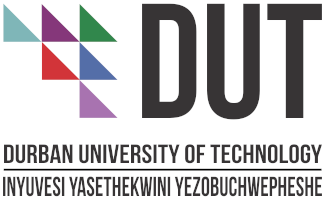Urbanisation and Urban Governance in Ghana: Identifying Key Actors and their Roles
DOI:
https://doi.org/10.51415/ajims.v2i1.843Keywords:
Urbanisation, urban governance, inclusive, participation, GhanaAbstract
The rapid increase in the urban population in Africa has created many urban challenges, including informalities, waste management problems, increased health risks, and growing urban poverty. With the unplanned spatial patterns and informalities that exist with the current urban population, this raises the question of whether African cities are ready to host more than 1.3 billion people by 2050 and still achieve urban sustainability. Using Ghana as a case study, this research undertook a critical review of urban population trends and their relation with economic growth. It identified the actors of urban governance in Ghana, as well as their roles, contributions and level of participation in urban governance processes. Findings indicate that most urban management decisions in Ghana are made by the government and exclude the non-governmental actors and citizens who bear the outcome of such decisions. This has resulted in deficiencies in actualising local needs, thus hindering the provision of urban services. The study proposes an inclusive and participatory form of urban governance with active participation of non-governmental actors and a paradigm shift from the existing urban management approaches to a more sustainable one that delivers socioeconomic benefits for more inclusive and sustainable cities in Africa in the future.
Downloads
Downloads
- PDF 794 Downloads






